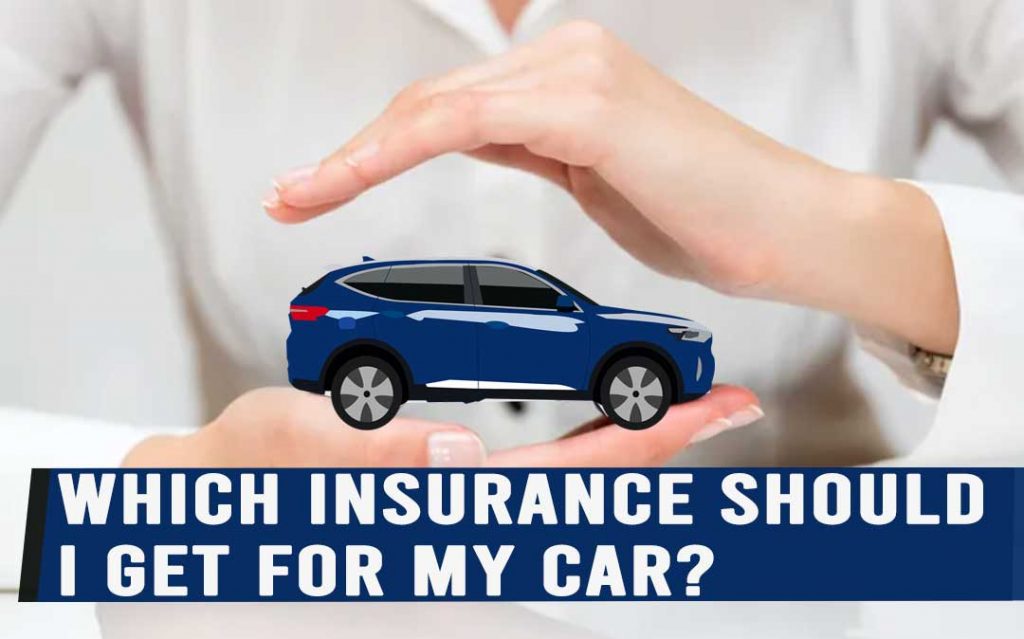When you own a car, you are responsible for its safety and well-being. This means that you need to have insurance for your car. Car insurance protects you and your vehicle in the event of an accident. It also covers damage to your car caused by accidents, theft, or natural disaster. If you don’t have car insurance, you could end up paying a lot of money out of pocket for repairs or replacements.

Despite its price, this is the greatest option for coverage. Even if you’re to blame for the accident, your insurance will cover the cost of repairing or replacing your vehicle.
There are a few basic things that almost all full coverage vehicle insurance policy cover, like; Theft, Accident, Fire, Flood, and Vandalism.
Details make all the difference. Not all policies include coverage for the contents of your vehicle, and those that do may have limitations.
Electronics and cash are two of the most frequently excluded items. A few plans we’ve encountered don’t cover stolen items at all.
Another consideration is roadside help, which isn’t covered by your auto insurance, although many insurers provide discounted roadside assistance packages.
If your automobile is damaged because you filled up at a gas station that cut corners, will you be covered? That’s a huge difference.
When a car accident injures or kills someone, this is a must-have insurance policy.
As long as you’ve registered your vehicle, you’re covered by mandatory third-party liability insurance (CTP, or green slip insurance).
Only one state-owned or government-licensed insurer provides CTP insurance in all states and the Northern Territory (save for New South Wales and Queensland).
It’s available from a variety of insurers in New South Wales and Queensland, so it pays to shop around. NSW’s State Insurance Regulatory Authority or Queensland’s Government Motor Accident Insurance Commission can provide an online price reference for automobile insurance.
AAMI, Apia, GIO, and NRMA are the four CTP insurers authorised to do business in the Australian Capital Territory (ACT).
Confident that CTP will do? Damage to other people’s property is not covered by this policy, such as if you crash into a Ferrari and have to pay for the repairs yourself.
Third-party property insurance is a good option if you’re at fault in a car accident because it provides coverage for the other driver’s vehicle, unlike CTP, which does not.
After CTP, third-party property insurance is the cheapest choice. It protects you in the event of a collision with another vehicle, as well as for damage to your own vehicle caused by an uninsured driver.
Suitable for:
If you’re under 25 and driving a 1995 Mazda 121 with a damaged tape deck and a coat hanger shaped like Australia, this is probably the coverage for you. Insure everyone else’s vehicle rather than your own. The money you save on premiums will get you behind the wheel of a much nicer vehicle much sooner.
Car theft and fire are also covered by this. Compared to third-party property insurance, it’s a step higher, but it isn’t as comprehensive as comprehensive insurance.
Recommended for:
It’s like placing an all-or-nothing wager on the outcome of a sporting event. Because you park your 2001 Holden Berlina in dark alleys, you’re concerned about theft, but you can’t justify the cost of comprehensive insurance.
With comprehensive or fire-and-theft insurance, your insurer will reimburse you based on your agreed value or market value if you write off your vehicle.
Agreed Value: This is what you get when you place a monetary value on your automobile insurance policy (within a range set by the insurer).
The insurer will pay you this sum, minus the excess, if your automobile is a total loss (i.e. written off or stolen).
Insurance for the agreed value of the car’s remaining loan balance may be an option if it’s financed. Make sure you have enough money saved up before you start hunting for a new car in the event that you have a total loss.
Market Value: At the time of an accident, this is when you insure your vehicle for its actual market value.
In the case of a loss, the value of your payment may be less assured if you choose this option.
In conclusion, it is important to understand the different types of car insurance available and what each one covers. Comparing rates between vendors is the best way to find the best deal for your needs. Be sure to ask questions and read the fine print so that you are fully aware of what you are purchasing. Remember, the value of your car should be a key factor in your decision-making process. Most expensive items are not necessarily the best choices. Thus, it is not a good choice to choose a comprehensive cover for a recent car that you want to use temporarily. But, it’s a great idea to have a comprehensive insurance policy for a new car in order to safeguard your investment.